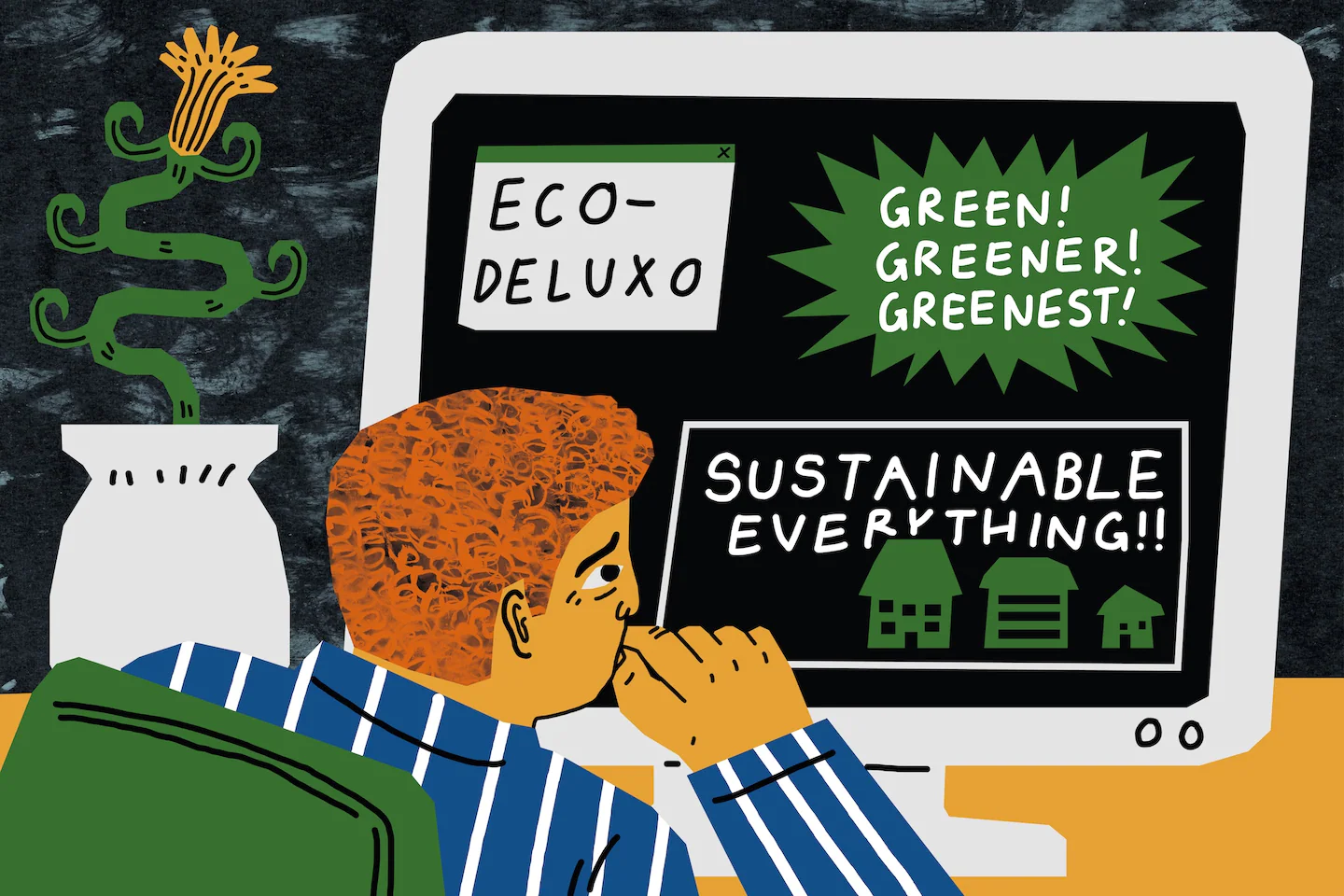
C-suite shouldn’t cost you motherhood and a family
[ad_1]
Every Women’s Day, we think of those brave women who marched to the Union Buildings on 9 August 1956 and told apartheid prime minister JG Strijdom: “Wathint’abafazi, Strijdom, (You strike a woman, Strijdom)” they told him, “wathint’imbokodo (you strike a rock).”

There were 20,000 of them. They were brave. They stood up for what they believed in. I think they would be proud today of what has been achieved in their country. We have women CEO’s, women directors, fighter pilots, army generals, surgeons, virologists, professors, chancellors and vice chancellors. The list is endless, in fact thanks to Banyana Banyana, we even have women who are the soccer champions of Africa, ending the nation’s hurt of never seeing any silverware since Bafana Bafana won the male version back in 1996.
But it isn’t all plain sailing. We all know the difficulties women face through gender-based violence and domestic abuse. We know what the root causes are, but we don’t know the battle women still have to fight to get the same recognition as men. Coach Desiree Ellis’s charges are a case in point: They don’t earn the same salaries as their male counterparts and they certainly didn’t enjoy the same windfall that the men would have – even though the men didn’t even qualify for two of the last three Africa Cup of Nations (CAF) tournaments.
I saw it recently when a female candidate beat all the other (male) candidates hands down to get the job, but then the hiring committee had to make a special motivation for her to be paid at the same rate as would have been offered to a victorious male candidate. We might have won the political rights as our mothers and grandmothers had hoped when they marched to Pretoria 66 years ago, but the fight for economic rights still eludes us. The reason unfortunately is simple, it’s prejudice: The fear among some corporate leaders and managers of women wanting to exercise their rights to be mothers, to raise children and still hold down jobs at the highest level that their potential allows.
What makes it even more galling is the fact that we women have just proved that we can do exactly that. For two years this country was in total lockdown because of the Covid-19 pandemic and everyone had to work from home. It was us, the women, who had to keep an eye on the kids and their virtual classes, do the zoom meetings and oversee the running of the home.
We can do all of that and succeed. We have just done all of that and we should be able to do it now, but sadly sometimes our worst enemies are not the hidebound men warmly wrapped in their blankets of patriarchal prejudice, but our own sisters in the c-suite. One of the most difficult meetings I’ve ever attended was one where most of the people in the room were women – and they appeared a little bit threatened by me. Why? I was younger for a start. I was also comfortable in who I am and confident in what I could bring.
I thought I’d find a supportive sisterhood, instead I found myself being interrogated about what I’d done to get there and, more importantly, to deserve to be there. I have seen this phenomenon before in other boardrooms with people who are not confident or comfortable in themselves, so they attack and try to undermine the younger versions of themselves coming up and taking their place at the table.
If we’ve learnt one thing from the women on 1956, who we commemorate this month and the generations that came after; the lionesses who faced detention without trial, tear gas and terror as they kept their families together and went out to work, is that we must lift as we rise.
We have to change the structural problems that are inherent in leadership, not just change the colour and the gender at the top. We have to create a society that is more caring and more nurturing, but not at the cost of results or standards. It is possible, women have done it since the beginning of time and we are doing it today. Getting to the top doesn’t mean having to act like a man – and sacrifice the right to motherhood and raising a family. It doesn’t mean becoming a bully to win boardroom points at any cost.
What it means is doing what we are best at – and have been for millennia – multi-tasking, making the peace, keeping it and delivering. The women I know and work with, the women I admire, don’t miss deadlines. They have been juggling work and life balances long before it became fashionable. When a woman tells you she’ll do something, believe her the first time: They keep their word.
So, as we commemorate Women’s Day this year, my wish for all women in South Africa is simple. We have enough problems as it is. Let’s make our change by becoming comfortable with who we are, let’s find the confidence about what we bring to the table. Let’s deliver to the best of our abilities and let’s never settle for second best; whether it’s work we receive from our (male) subordinates or the treatment we receive from our (male) colleagues on the board or in the corridors of the c-suite.
We just want the respect that we deserve. We shouldn’t have to remind you of what happened to Strijdom all those years ago, should we?
[ad_2]
Source link


